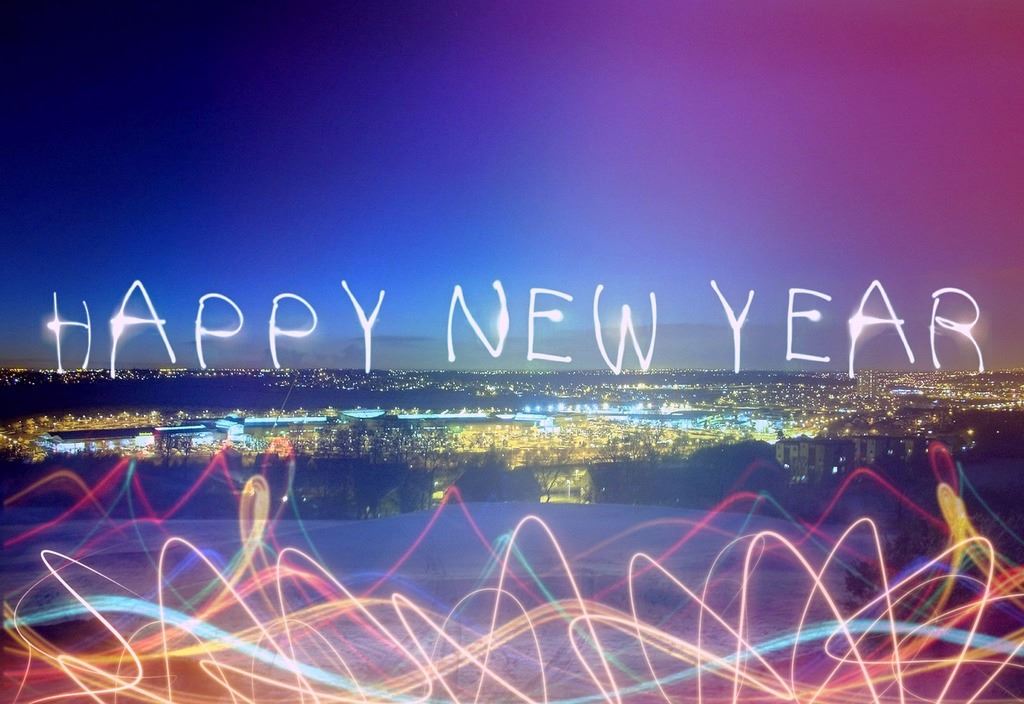
By Henry Hollander
There are four Jewish New Years in the Torah. These include Rosh Hashanah, Tu Bishvat, the first of Elul (the New Year for tithing animals), and the first of Nissan, which starts the cycle of Jewish holidays. But as Americans we only have one.
Why is our secular New Years on January 1st anyway? Europe went back and forth about whether to use the Julian or the Gregorian calendar, but the Gregorian calendar won out because it made Easter come at the right time. January 1st celebrates the Saints Day of St. Sylvester, one of the more anti-Jewish saints, and January first happens to be the day of Jesus’ circumcision. That makes January first the anniversary of Jesus’ first Mitzvah.
In Israel, at least a third of the population celebrates Silvester (or the Feast of St. Sylvester) in many of the same ways Americans do New Year’s Eve. The Zionists in pre-state Israel didn’t like Silvester because it wasn’t Jewish from a secular or a religious point of view, but they couldn’t keep it down. Now about ten percent of Israelis celebrate Novy God, a tradition that they brought with them from the Soviet Union. Religion was suppressed in the Soviet Union, but Novy God was built up as a secular holiday that retained some of the non-religious customs of Christmas.
But is there anything Jewish about American New Years? Well, there are the vows. On Yom Kippur we annul all the vows that we have made over the past Jewish year. In American New Years we make vows. However, we all chronicle how quickly we fail to keep those vows. Perhaps the most Jewish thing we can do on American New Year’s is to avoid making vows we can’t keep. We only have one day of American New Year’s. Let’s not overdo it.
